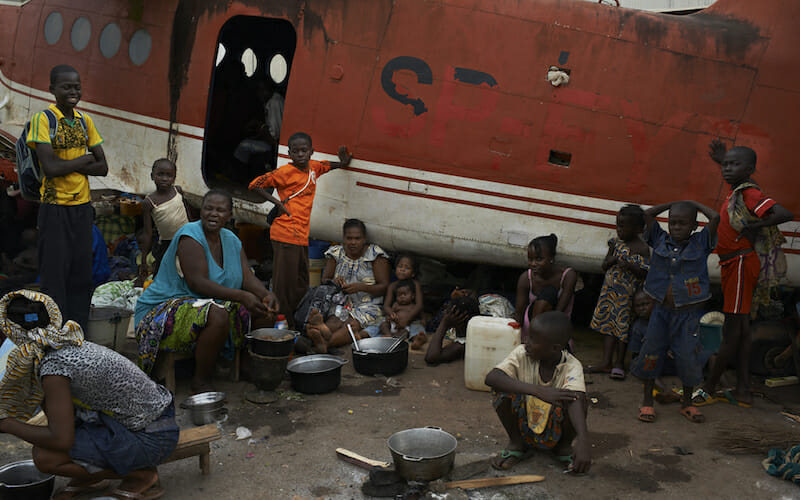
UN Day: Another 34,000 Refugees
October 24th was not just another day on the calendar. It is UN Day, an excellent time to take note of one of the accomplishments that the world body has achieved in its 72-year history.
The global institution has made it possible for many global citizens to achieve economic and social development. However, there is one issue in recent years that has garnered significant global attention, but regrettably has moved off the front page and out of the public eye. UN Day is a good time to bring this issue to the forefront: the ongoing plight of refugees around the world. The topic may fly under the radar for many, but not for the dedicated and loyal UN agencies who strive to make a difference in these people’s lives.
In the wake of the devastation following World War II, the office of the United Nations High Commissioner for Refugees (UNHCR) was created in 1950 to assist Europeans left homeless from the consequences of the deadliest conflict the world has ever known. In 1951, the Refugee Convention was formed defining what a refugee is as well as outlining the rights of displaced persons. Moreover, it lays out the parameters for a state’s responsibility to protect refugees. The fundamental principle of non-refoulement is the centerpiece of the Convention. It stipulates that refugees should not be returned to their country of origin if they are facing imminent danger for their life or freedom.
A few short years later, the UNHCR won the Nobel Peace Prize in 1954 for its efforts on behalf of so many. Over fifty years on UNHCR is still working on the frontlines assisting those fleeing conflict, chaos, and violence.
The agency’s important work was only beginning when it was confronted with the Hungarian Uprising of 1956, which saw a nationwide revolt against the Soviet-backed government. The revolt caused 200,000 refugees to flee their homeland to the bordering nation of Austria where they sought safety from the violence. It was the Hungarian Uprising that would set the stage and shape the future of how global relief agencies would respond to such crises.
Today, there are 65 million refugees in the world. That’s equivalent to over seven New Jerseys. Every minute 24 people must leave their homes and 34,000 people a day flee their countries in search of a better tomorrow. The Syrian conflict alone has forced 5 million people to flee to neighboring states as they seek sanctuary from the violence and hostilities that have persisted in Syria for over 6 years.
There is another lesser-known statistic about refugees. We hear about people fleeing the dangers and disasters of their homelands and pouring into safer countries, but, in fact, 41 million are displaced within their own national borders. Many countries have decided that individuals who flee states because of political violence, are simply seeking a better way of life and are therefore not welcome.
The last several months has seen another flood of refugees. The Rohingya are fleeing Myanmar into neighboring Bangladesh to escape the central government’s campaign of systematic torture and violence. Human rights groups posit that this terror campaign should be equated to ethnic cleansing. The UNHCR estimates that 582,000 people have fled.
The UN relief agency is fighting displacement battles on several fronts, including Afghanistan, Yemen, Somalia, Sudan, and northern Nigeria. This taxes its resources. It is important that the international community continues to provide the proper funding so organizations like the UNHCR can continue its life-saving work.
We must support the UNHCR.

